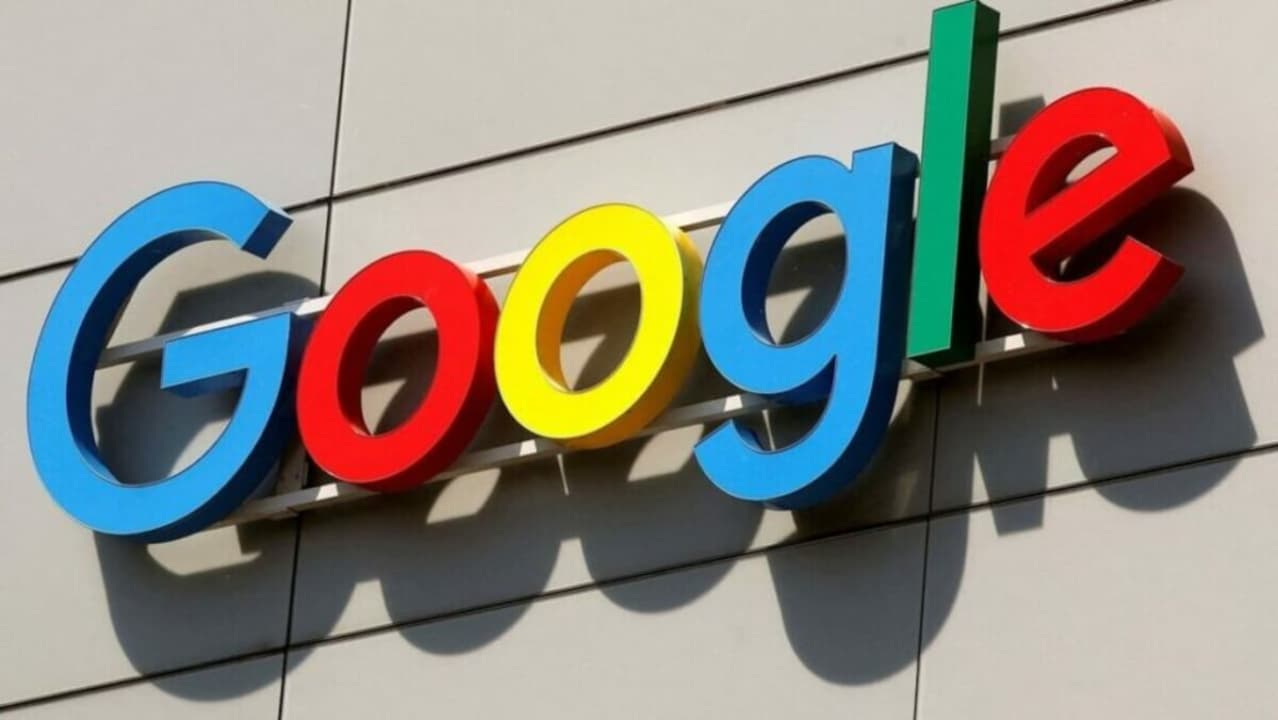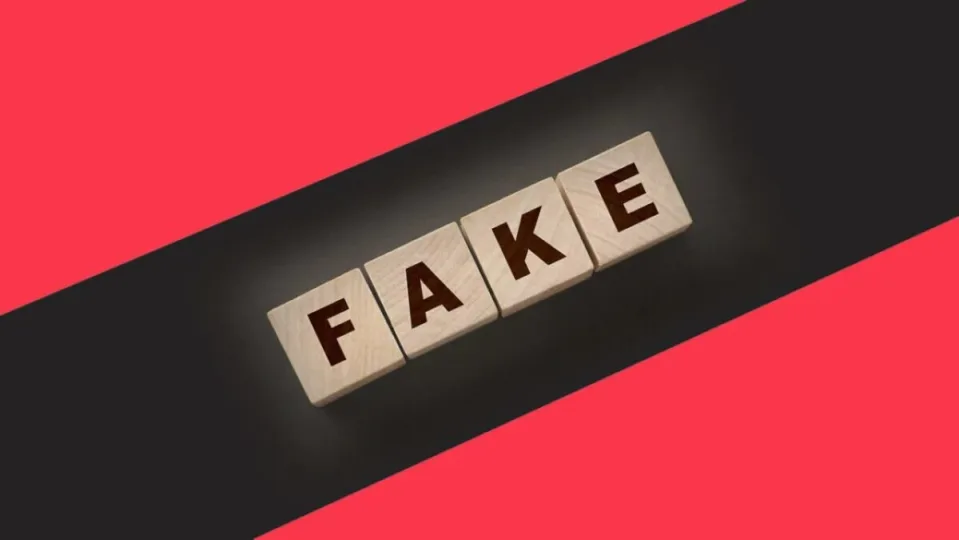Information is power. Whether it’s to make better decisions or to gain a deeper understanding of a subject that interests us: the simple act of researching should help reduce misinformation, right? However, a new study seems to reveal the opposite: investigating on our own can make us a bit more conspiratorial than necessary.
When it comes to searching for information online, it is possible that many times we do not find quality information. And the fact is that verifying data can become a real odyssey, especially if we do not know how or where to search.
The study, published by Nature, argues that using search engines (such as Google or Bing) to investigate conspiracies can increase the likelihood of someone believing them. The cause of this is the so-called “data voids”.
As Joshua A. Tucker, one of the authors of the report, explains, the premise was as follows: what happens when we come across an article on the Internet and we want to verify the data it presents to us through a search engine like Google?

The experiment began in late 2019 and involved about 3,000 Americans. During the study, participants were asked to evaluate the accuracy of various articles, all published within a 48-hour period and on controversial topics (COVID-19 vaccines, climate events, Trump’s impeachment, etc). Afterwards, half of the participants were encouraged to fact-check these articles. The result was as follows: those who searched for information online were 19% more likely to rate a false article as true.
The emergence of generative AI and language models also does not seem to improve the situation. Zeve Sanderson, co-author of the study, added that the way information was sought was key. 77% of people who used false terms in their searches obtained incorrect information as their first results. In the end, search engines like Google tend to display information similar to the words or phrases you use in your searches.
In this situation, it is necessary for big tech companies to get involved in solving the problem. Google is one of the largest search engines in the world, but it still doesn’t help users distinguish between what is false and what is true.


